By Terry Sovil from the April 2012 Edition
This article addresses more facts about the Real Mexico; a great place to live, work and visit. The focus of this article is on Agriculture and Food Industry and the Medical Industry. The benefits to Mexico and people that live and visit here is the growth of a middle class and an increase in the educational level of the people here.
Agriculture and Food
The Mexican food industry consists of two main areas: 1) fresh food and processed foods and 2) beverages and tobacco.
Mexico can boast of the following accomplishments on a global level:
- 12th largest producer and exporter.
- Main exporter and grower of avocados.
- Main exporter and grower of lemons.
- Main grower and exporter of papaya, squash, raspberries, blackberries, mulberries, watermelons and cantaloupe melons
- Leading exporter and grower of organic coffee, processed bell peppers and agave syrup
- Second largest exporter/grower of onions, chickpeas and tomatoes
- Third leading exporter/grower of cucumbers
- Fourth largest producer of chickens
- Fourth main exporter of concentrated strawberry, mango, guava and orange Fifth leading producer and exporter of beans
- Fifth main producer and second largest exports of beer
- Fifth leading exporter of cauliflower, shrimp and honey
- Sixth leading exporter of citrus fruit
Organic production
Mexico is the world’s top producer of organic coffee. Land area for growing certified organic produce rose from 86,000 hectares in 2000 to over 400,000 hectares in 2007 (1 hectare=10,000 SquareM or 2.5 acres). Exports of organic produce were over 400 million dollars in 2007. In addition to coffee, Mexico also exports organic honey, vegetables, cocoa and tropical fruits.
Strengths of the Agriculture and Food Industry
Safety and healthiness
Mexico has adopted processes and invested in technologies that reduce the risk of contamination. Strict adherence and adoption of standard requirements (such HACCP – Hazard Analysis and Critical Control Points) help to assure the safety of meat and processed products.
Qualified workforce
Mexico has more than 750,000 trained engineers. There are over 30 universities that offer undergraduate and advanced degrees in Agronomy, Food Engineering and Food Chemistry.
Universities and industry collaborate to assure new technologies are used in the production chain.
Biotechnology
Mexico is a global leader in crops with genetic improvement and has outstanding biotechnology research collaboration.
Point of Origin
Products with a protected point of origin (protected geographical status) are considered to be superior due to their unique characteristics based on its point of origin. This is becoming an increasingly important concern in food production.
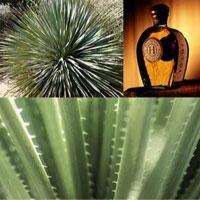
Mexico has eleven such areas that include products such as: tequila from Tequila; vanilla from Papantia region; bacanora – an alcoholic beverage from Sonora; coffee from Chiapas; coffee from Veracruz; charanda – an alcoholic beverage from Michoacan; habanero chili peppers from the Yucatan peninsula; ataulfo mango from the Soconusco region of Chiapas; mescal – another alcoholic beverage; zotol – an alcoholic beverage from the state of Chihuahua and tehuacan – an alcohol-free beverage from state of Puebla.
The Medical Device Industry
Mexico exported close to six billion dollars in medical devices in 2010 according to Global Trade Atlas. This gives Mexico a rank of 11th globally. During 2010 Mexico also enjoyed a three billion dollar surplus in industry trade balance. Exports increased at a compound annual growth rate of 11.4% from 2003 to 2010. Exports to the U.S.A. reached 5.4 billion dollars in 2010. Mexico is the leading exporter in Latin America. The main product mix is x-ray devices, dental instruments, medical and surgical instruments and orthopedic devices.
Companies Established in Mexico
The main states involved in medical device manufacturing are Baja California, Federal District of Mexico City, Jalisco, State of Mexico, Chihuahua, Sonora, Nuevo León, Morelos and Tamaulipas. More than 2000 companies, 400 are exporters, engage in manufacture and/or assembly of medical devices.

Foreign Investment in the Industry
Mexico’s medical device industry brought in over 927 million dollars in foreign direct investment between 1999 and 2010. Main countries investing include the United States, Switzerland, Germany and The Netherlands.
Strengths of Medical Devices Industry
Human Capital
More than 790 thousand higher-education students are enrolled in engineering and technology programs. In addition, 90 thousand students graduate from those programs every year.
Competitive Costs.
KPMG’s (global network of firms for Audit, Advisory and Tax services)
“Competitive Alternatives 2010” study shows that Mexico offers 20% savings in manufacturing costs for medical devices, compared to the U.S. and eight other industry-leading countries. Furthermore, Mexico offers the lowest manufacturing costs for plastics, metal components and precision manufacturing.
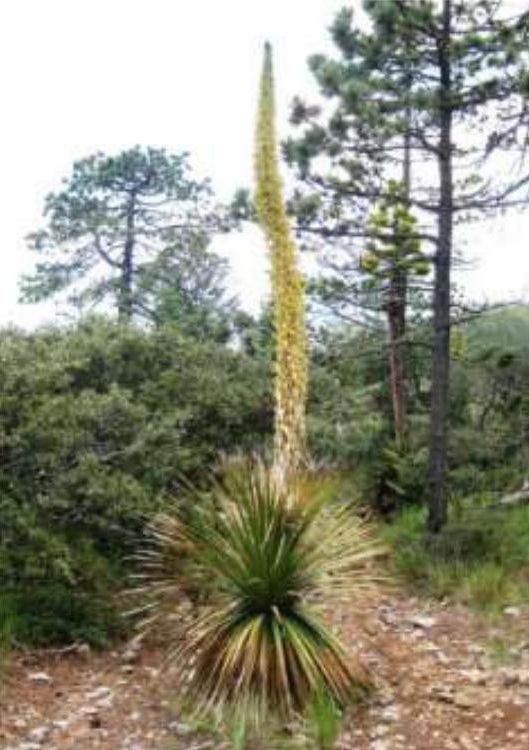

Download the full edition or view it online
—
Terry is a founding partner and scuba instructor for Aquatic Sports and Adventures (Deportes y Aventuras Acuáticas) in Manzanillo. A PADI (Professional Association of Dive Instructors) Master Instructor in his 36th year as a PADI Professional. He also holds 15 Specialty Instructor Course ratings. Terry held a US Coast Guard 50-Ton Masters (Captain’s) License. In his past corporate life, he worked in computers from 1973 to 2005 from a computer operator to a project manager for companies including GE Capital Fleet Services and Target. From 2005 to 2008, he developed and oversaw delivery of training to Target’s Loss Prevention (Asset Protection) employees on the West Coast, USA. He led a network of 80+ instructors, evaluated training, performed needs assessments and gathered feedback on the delivery of training, conducted training in Crisis Leadership and Non-Violent Crisis Intervention to Target executives. Independently, he has taught hundreds of hours of skills-based training in American Red Cross CPR, First Aid, SCUBA and sailing and managed a staff of Project Managers at LogicBay in the production of multi-media training and web sites in a fast-paced environment of artists, instructional designers, writers and developers, creating a variety of interactive training and support products for Fortune 1000 companies.


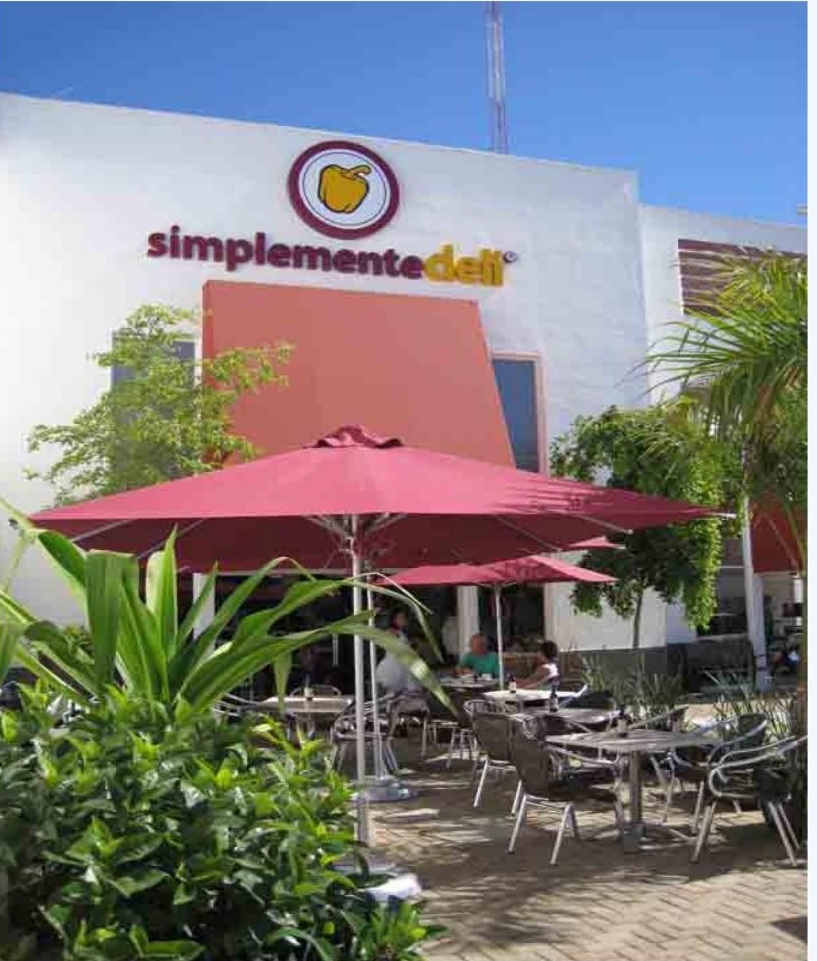
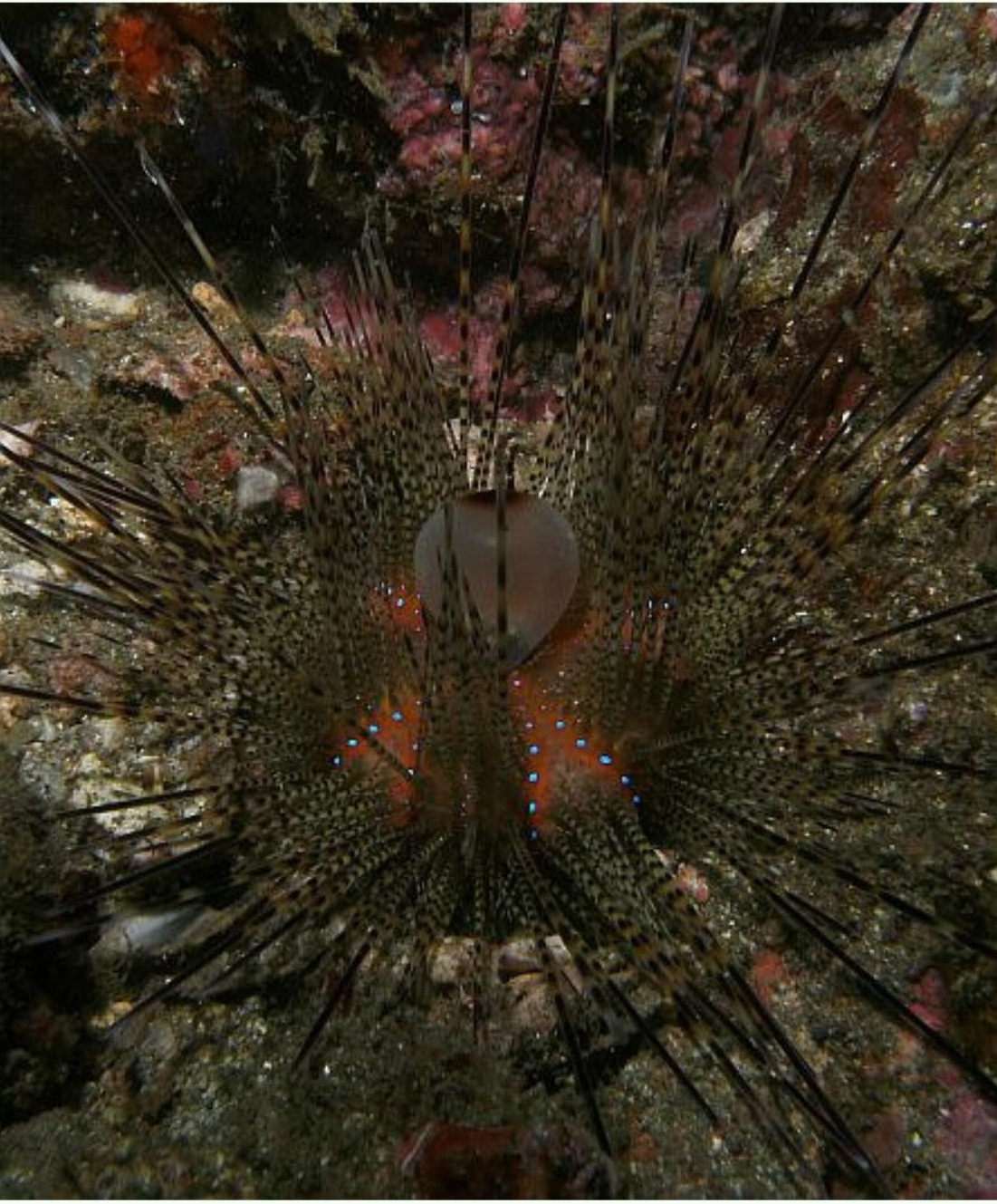
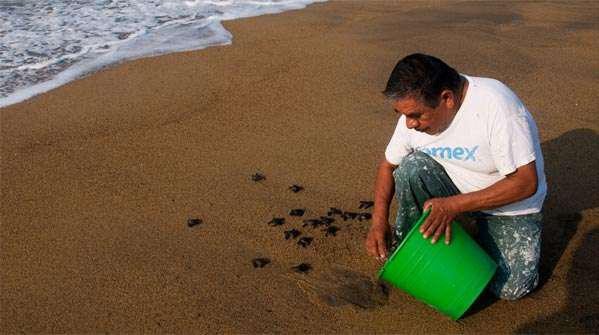
You must be logged in to post a comment.